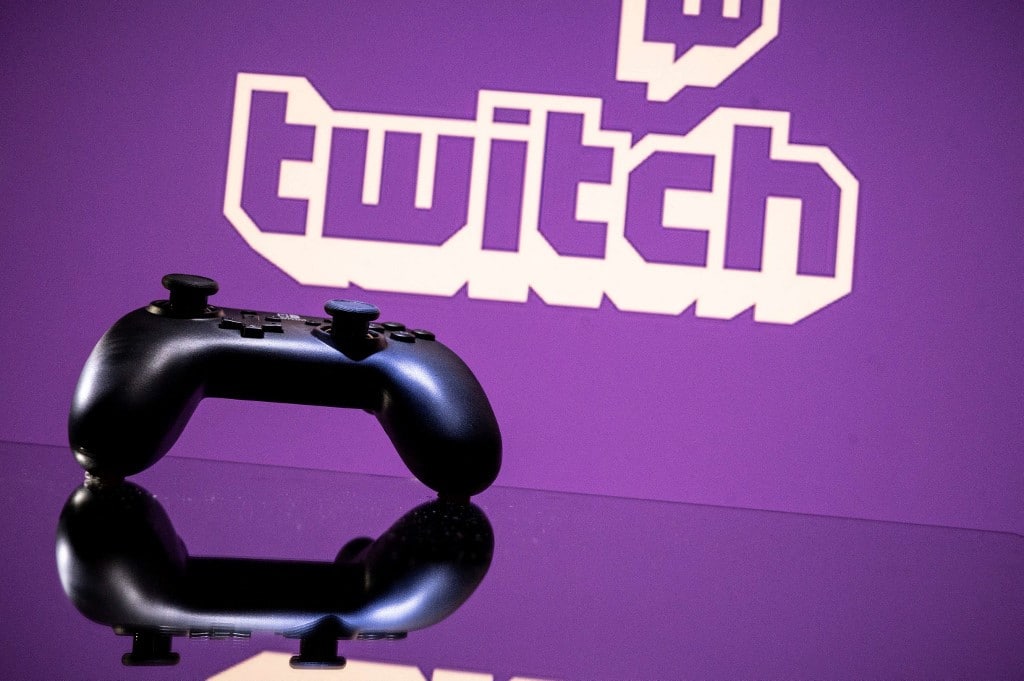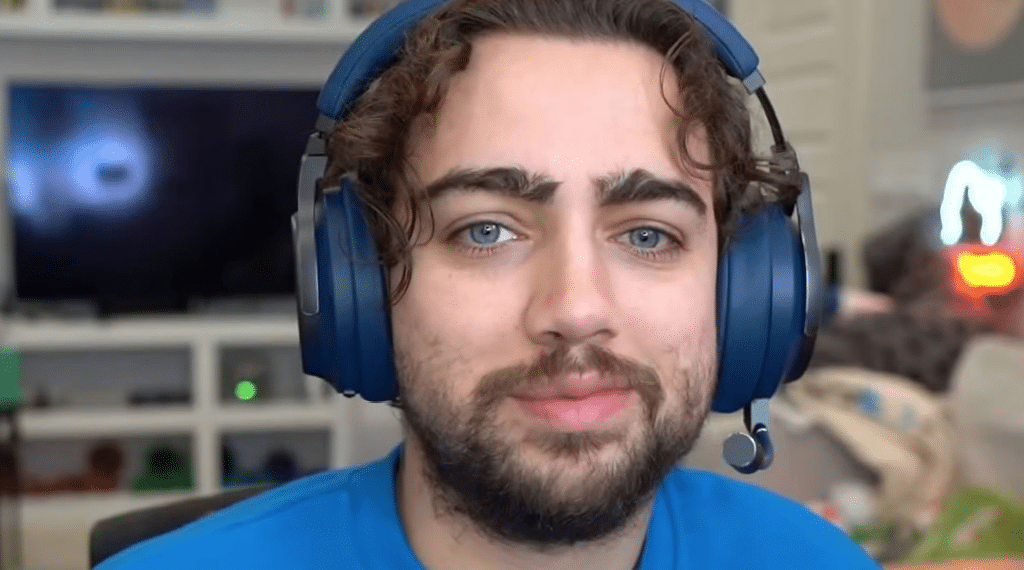Popular Twitch streamer Mizkif, whose real name is Matthew Rinaudo, has been banned from the platform after receiving a DMCA strike for playing copyrighted music on his stream. This news has caused an uproar among his fans and the Twitch community, with many calling for a change in the platform’s policies.
Mizkif Banned: What is DMCA?
DMCA stands for Digital Millennium Copyright Act, a US copyright law that criminalizes the production and dissemination of technology, devices, or services intended to circumvent measures that control access to copyrighted works. In simpler terms, it is illegal to use copyrighted material without permission from the owner.
Mizkif’s Ban
Mizkif’s ban came as a shock to his fans, as he is known for his entertaining and interactive streams. The ban was a result of a DMCA strike he received for playing copyrighted music on his stream. This is not the first time a Twitch streamer has been banned for this reason, as the platform has been cracking down on DMCA violations in recent months.
Mizkif Banned: LeeziPotato Twitch Drama

The drama surrounding Mizkif’s ban has been amplified by fellow Twitch streamer LeeziPotato, who has been vocal about her own experience with DMCA strikes. She claims that she has received multiple strikes for playing copyrighted music on her stream, and has been banned from Twitch for a total of 14 days. She also alleges that Twitch has not been transparent about their DMCA policies and has not provided proper support for streamers dealing with these issues.
Twitch Controversy
The DMCA strikes and bans have also brought to light another controversy surrounding Twitch – the presence of pornographic content on the platform. Many streamers have reported receiving DMCA strikes for accidentally showing pornographic content on their streams, which they claim was due to malicious viewers intentionally sending them these links. This has sparked a debate about the lack of moderation on Twitch and the need for stricter policies to prevent such incidents.
Mizkif Banned: The Future of Twitch

Mizkif’s ban and the surrounding drama have raised questions about the future of Twitch and its policies. Many streamers are calling for more transparency and support from the platform, while others are advocating for stricter moderation to prevent DMCA violations and inappropriate content. Twitch has yet to release a statement addressing these concerns, but it is clear that changes need to be made in order to protect both streamers and the platform itself.
Conclusion
Mizkif’s ban has sparked a larger conversation about DMCA strikes and the presence of inappropriate content on Twitch. As the platform continues to grow and evolve, it is important for Twitch to address these issues and make necessary changes to ensure the safety and success of its streamers. In the meantime, Mizkif’s fans eagerly await his return to the platform and hope that this incident will lead to positive changes for the Twitch community as a whole.
